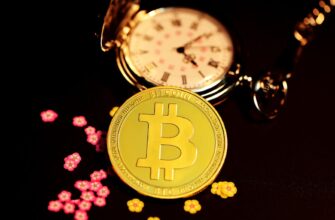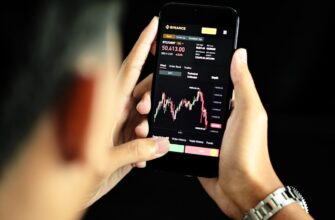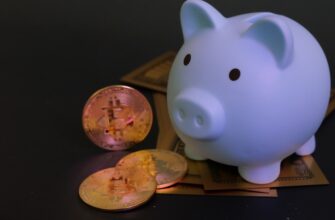## What Is USD P2P and Why Does It Matter?
USD P2P (Peer-to-Peer) refers to the direct exchange of US dollars between individuals without traditional intermediaries like banks. This decentralized approach leverages online platforms to connect buyers and sellers globally, enabling faster transfers, lower fees, and financial inclusion. In an era of digital finance, USD P2P empowers users to bypass bureaucratic hurdles while accessing stable currency transactions—crucial for remittances, cross-border trade, and inflation-hedging in volatile economies.
## How USD P2P Transactions Work: A Step-by-Step Breakdown
1. **Platform Registration**: Users sign up on a P2P exchange (e.g., Binance P2P, LocalBitcoins) and complete identity verification.
2. **Listing Offers**: Sellers post USD sale ads specifying amount, payment methods (bank transfer, PayPal, etc.), and exchange rates.
3. **Matching & Agreement**: Buyers browse listings, select an offer, and initiate a trade. Both parties confirm terms via the platform’s chat.
4. **Payment & Confirmation**: The buyer pays the seller directly using the chosen method. The seller then releases USD from the platform’s escrow.
5. **Completion**: Funds reflect in the buyer’s wallet, and both parties leave feedback.
## 5 Key Benefits of Using USD P2P Platforms
– **Lower Fees**: Avoid hefty bank charges—P2P fees average 0.1%-1% vs. 3%-10% for traditional remittance services.
– **Speed**: Transactions complete in minutes to hours, unlike bank delays spanning days.
– **Accessibility**: Operates 24/7 with diverse payment options (Venmo, Wise, cash deposits).
– **Financial Freedom**: Ideal for unbanked populations or countries with strict capital controls.
– **Competitive Rates**: Negotiate directly with sellers for better USD exchange rates than banks offer.
## Risks of USD P2P and How to Stay Safe
While efficient, USD P2P carries risks like fraud, payment reversals, and regulatory uncertainty. Mitigate these by:
1. **Use Escrow Services**: Never trade outside the platform—escrow holds funds until both parties fulfill obligations.
2. **Verify Counterparties**: Check user ratings, trade history, and completion rates before transacting.
3. **Avoid High-Risk Payments**: Steer clear of irreversible methods like gift cards or cryptocurrency.
4. **Document Everything**: Save chat logs and payment receipts for dispute resolution.
5. **Stay Compliant**: Report large transactions to avoid tax or legal issues in your jurisdiction.
## Top 4 USD P2P Platforms for Secure Trading
1. **Binance P2P**: Supports 100+ payment methods with zero fees for takers. Features robust escrow and 24/7 customer support.
2. **Paxful**: Specializes in cash and gift card USD trades. High liquidity but higher risk—use caution.
3. **LocalCoinSwap**: Decentralized platform with multi-currency support and competitive USD rates.
4. **Bybit P2P**: Low minimum trade amounts ($10) and real-time chat for quick negotiations.
## USD P2P FAQ: Your Questions Answered
**Q: Is USD P2P legal?**
A: Yes, in most countries. However, regulations vary—always comply with local AML/KYC laws. Platforms enforce verification to prevent illicit activities.
**Q: Can I trade USD P2P without ID verification?**
A: No. Reputable platforms require ID checks to combat fraud. Avoid services bypassing this—they’re often scams.
**Q: What’s the minimum USD amount for P2P trades?**
A: Typically $10-$50, depending on the platform and seller. Filter listings by amount to find suitable offers.
**Q: How do I avoid scams in USD P2P?**
A: Trade only with high-reputation users, never share personal banking details, and use platform escrow. Report suspicious activity immediately.
## Embracing the Future of Dollar Transactions
USD P2P democratizes access to the world’s reserve currency, offering speed, affordability, and flexibility unmatched by traditional finance. By choosing reputable platforms and practicing vigilant trading, users can harness this innovation for personal and business growth. As digital economies evolve, USD P2P stands poised to redefine global money movement—one peer-to-peer trade at a time.








